Times they are a-changin’
After my recent piece from chaotic, dispirited and decrepit Harare I dug out something I did for Skyhost, the Air Zimbabwe in-flight magazine 15 years ago when we still had an airline.

Over a lifetime in Zimbabwe, the Harare skyline has changed beyond recognition. With notable exceptions – the High Court, the foreign ministry, the former prime minister’s office – most of the squat colonial buildings are gone, giving way to gleaming towers of steel and glass.
A while ago an old man on his first trip from deep in the bush marvelled at the new buildings and remarked to a bespectacled me that us town people are so obsessed with glass “you even cover your eyes with it.”
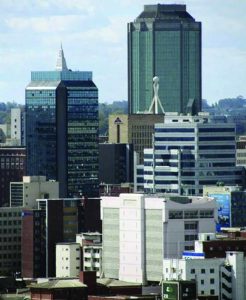 On the bus on the main road from the west he could see the Reserve Bank from some 20 kilometers away. He didn’t know yet that the bank’s octagonal design is symbolic of an upended maize cob – maize being the once abundant staple food with the cob-like skyscraper representing the Horn of Plenty, the nation’s cornucopia.
On the bus on the main road from the west he could see the Reserve Bank from some 20 kilometers away. He didn’t know yet that the bank’s octagonal design is symbolic of an upended maize cob – maize being the once abundant staple food with the cob-like skyscraper representing the Horn of Plenty, the nation’s cornucopia.
Inside, it has marble trimmings and suites and boardrooms to match any in Frankfurt or London. Alas, as the economy took strain in recent times, so the Horn of Plenty emptied.
Harare is much like other former British colonial capitals whose planners allowed for tree-lined avenues and open spaces, quite unlike the cities in former French or Portuguese territories. Late in the year, we are washed with the magnificent lavender blossoms of the prolific jacaranda tree.
The central square has been a sight to behold for as long as I can remember at jacaranda time.
The fountains in the middle don’t seem to perform their kaleidoscopic water dance anymore.
The square, designed to copy the British flag, was where the first colonial era settlers raised their flag right opposite The Herald offices of today. They hadn’t intended to set Fort Salisbury here, but it was unclear where a better site for the catchment of natural water was to be found. By the time it was, it was too late to move the settlement. So Harare is actually in the wrong place.
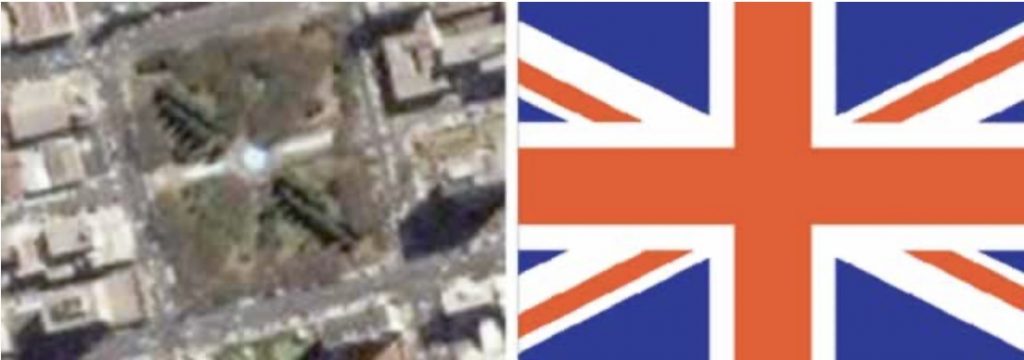
An underground water course runs along Seke Road and Julius Nyerere Way up to Harare Gardens and the Avenues district of apartments.
The dormitory “high density” township of Chitungwiza has mushroomed 25 kilometers south of the city centre and it has been proposed by an armchair engineer that the underground river could be excavated and made into a canal for commuter barges. We could become the Venice of Africa…
The idea, of course, never got past the armchair, nor did another hare-brained one to 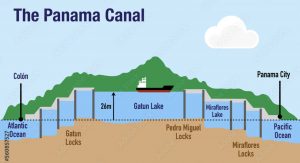 build a Panama-type canal from Harare to the port of Beira in Mozambique to solve our troubles in getting our goods to and from the sea. Harare is about 5,000 feet above sea level. (Ships are lifted just 85 feet through Panama.)
build a Panama-type canal from Harare to the port of Beira in Mozambique to solve our troubles in getting our goods to and from the sea. Harare is about 5,000 feet above sea level. (Ships are lifted just 85 feet through Panama.)
Harare’s political nationalism has its mother lode in Highfield township where many moons ago I enjoyed the shebeens and bars, the banter at the Mushandira Pamwe hotel and the music at the Saratoga nightclub.
My own “low density” suburb of Newlands awakens with the surround-sound of the dawn chorus that no stereo could ever match. An artist friend advises the best way to start the day is to listen to the birds for five minutes before switching on news programmes or beginning other stressful activities.
Harare is my home town. Reporters of my vintage knew all the black nationalists and regional presidents after whom streets were renamed post-independence.
What’s more, if you have lived as a journalist in a city as long as I have there’s hardly a block of flats or an office building I haven’t been inside at some time or another, nor a bar, school, hospital, church, courthouse or jail. You can’t say that about many capital cities of the world.
There are the offices where the corporate vipers lied to us, that’s where my pension evaporated in hyperinflation, that’s where we held the wake for dear but tormented Frank Moore, a school friend, after his suicide 35 years ago. That’s the cemetery where Frank’s bones sleep, that’s where Catherine lived … reminding me whenever I drive past of John Le Carre’s words:
there were some women who carried their bodies as if they were citadels to be stormed by only the bravest.
Maybe it’s a small town thing and my roots are comparatively shallow. But the dictionary defines Roots, pl, n :
the close ties one has with some place or people as through birth, upbringing, long association.
I don’t care what anyone says. Harare, my birthplace, is where I belong and, God willing, I’m not going anywhere else.
(Use the search button top left to see the previous item: Strangelove

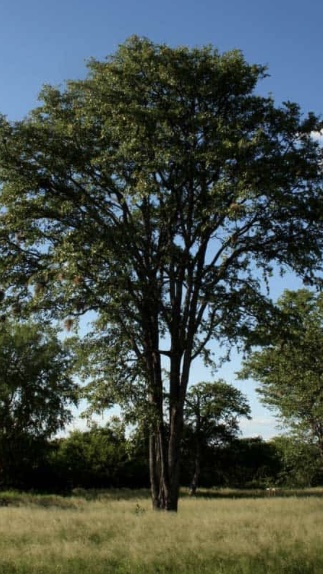
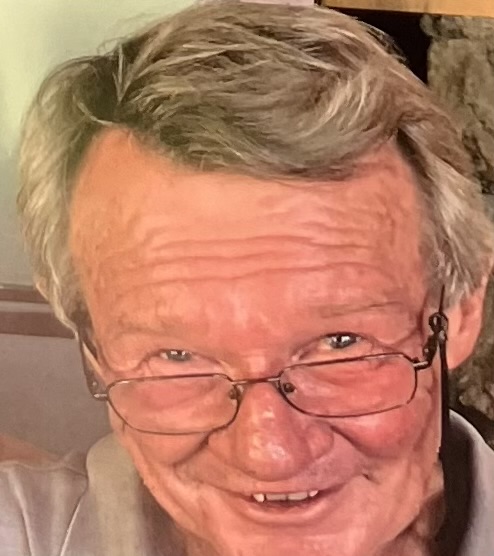






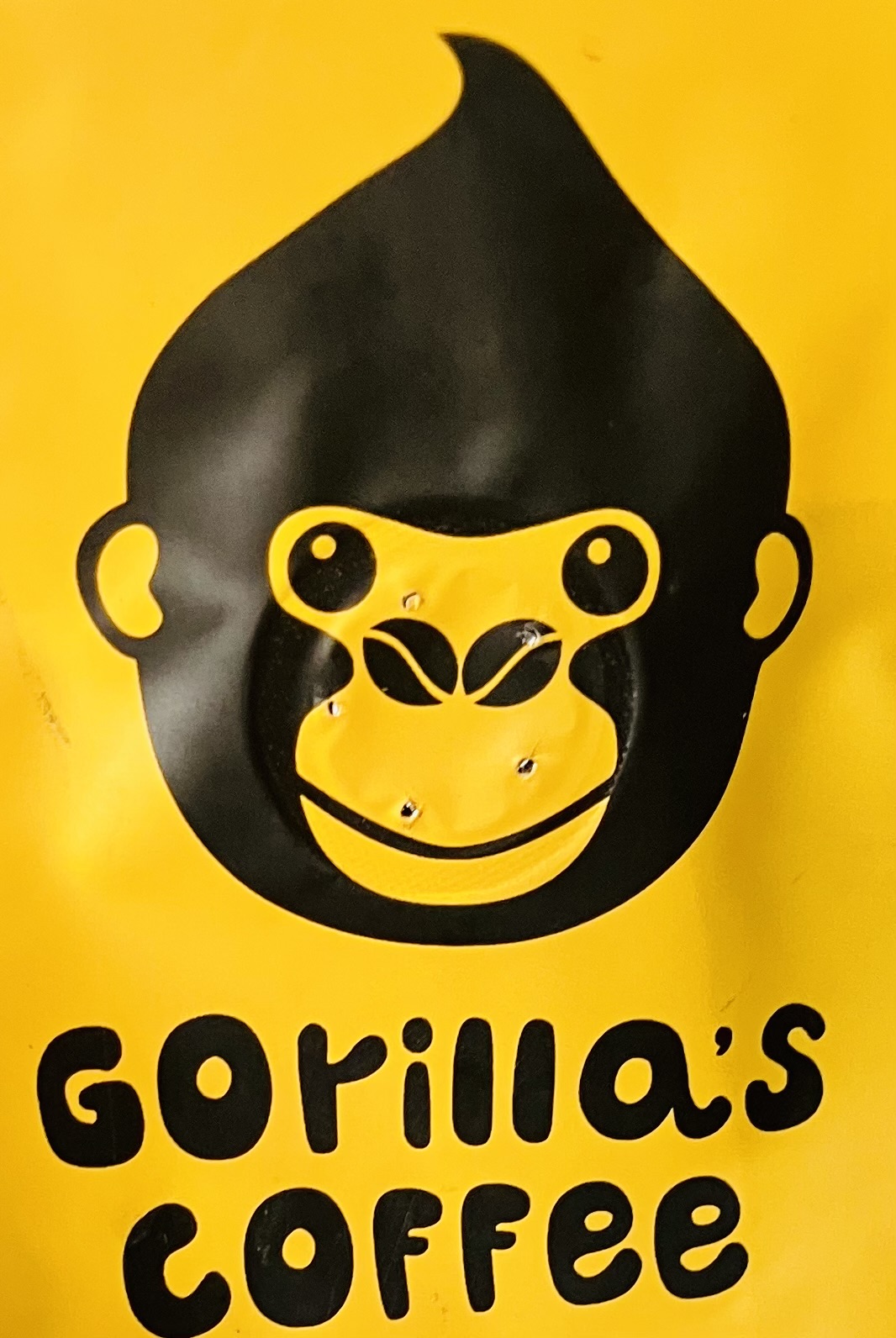
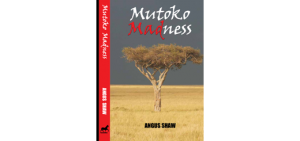
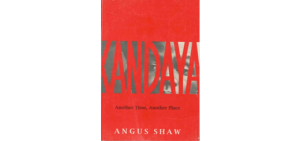
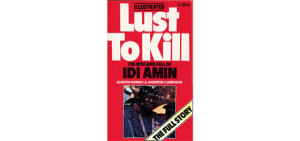
I remembered that piece as soon as I began reading it. I invoked many memories, most of them fond. Thanks Goose.